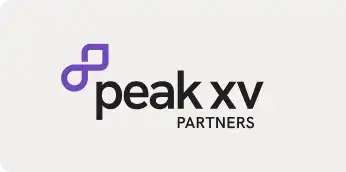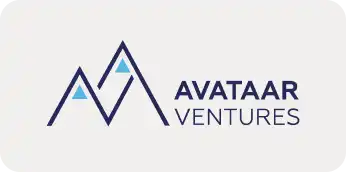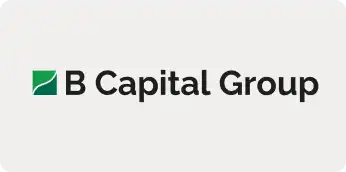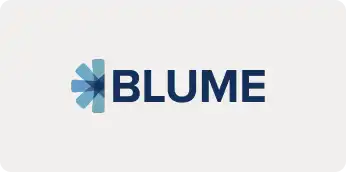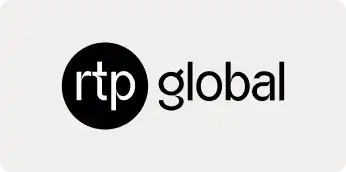MONISH DARDA
As long as you recognize that change is inevitable and things will change from day to day and year to year, you are much better prepared for that change. In the last few months, I have been thinking about Taleb’s kind of antifragility [Nassim Nicholas Taleb, Antifragile: Things That Gain From Disorder, Random House, 2012]. How do you have a company that is antifragile? Not just resilience in a crisis but how you make the most of the crisis, how do you learn from it, how do you grow in it, and how do you turn a disadvantage into an advantage. I think there has been some incredible learning in the last few months, just introspecting how we can change as a company to become more antifragile.
I come from a pedigree of startups. It is kind of interesting because, you know, half of them failed, and it is always really astounding to think about how much you learn from failure. It has been an interesting journey; you know, most of the time, it has been a startup with software that has been built for the enterprise, and Icertis has also been like that. When you are an entrepreneur for so long, you have to start a company once an acquisition happens, like BladeLogic. It was serendipitous at that time. Samir [Bodas] was coming out of an acquisition by Mindtree. He was the CEO of Aztecsoft, which was a very interesting company at that time. Mindtree acquired Aztecsoft at roughly the same time BladeLogic was acquired by BMC Software. We got talking and said, hey, what next and that is how Icertis happened.
OUR CORE PHILOSOPHY IS THEREFORE ABOUT EXERCISING FINANCIAL PRUDENCE AND SOMETIMES THAT IS MISTAKEN AS NOT TAKING ENOUGH RISK, BUT WE BELIEVE THAT WE TAKE CALCULATED RISK RATHER THAN JUST TAKING VERY WILD SWINGS AND HOPING WE GET A HOME RUN.
– MONISH DARDA
ABHINAV SHASHANK
I had all these fantastic learning experiences that taught me to figure out new geographies and new markets and have the belief that people will buy from us. Over time, we figured out that if we held on to that belief, it would happen. Remember that this was basically when everyone was doing a consumer startup and creating these billion-dollar companies, and I was struggling to sell this one deal. At times, it made me think that maybe I, too, should have just done consumer tech and created a billion-dollar company because all our friends were doing that. It is incredibly important for an entrepreneur to have the conviction that we will create something that would be a world leader and that we will create that in our own way.
MANAV GARG
You have to tell yourself that ups and downs are going to be a part of your life. Now the down cycle comes much faster and in such unexpected ways; I think it will continue. I am sure more crises will come and hit us in many different ways, going forward. If you tell your mind that crises will come regularly then you will remain far saner. Secondly, 50 percent of your mental stress is linked to your financial position, both personal and of your company; 30 percent is your personal health, and 20 percent is your social life. Are you able to discuss your problems openly with your friends and family, whether it be about your employees, your investors, or your customers? If you are open about your problems, basically you are vulnerable at all points. This will help you stay sane because when you show your vulnerabilities, other people will also talk about their problems and you will realize that everybody is actually in the same boat as you, with some degree of difference of course. That is the simple way of looking at things.
PARAS CHOPRA
We continuously add to building a bigger buffer in the company—for instance, our entire company can go on for several years even if our revenue drops to zero. You can contrast this with a typical growth-at-all-cost style of making a company where you continue to hire and invest even as you are making losses in hopes that someday you will be profitable. But in this case, the world shifts so fast (like what happened now with the coronavirus pandemic) that it can easily derail your plans and then you will have to fire people and so on. Our core philosophy is therefore about exercising financial prudence and sometimes that is mistaken as not taking enough risk, but we believe that we take calculated risk rather than just taking very wild swings and hoping we get a home run.
PRUKALPA SANKAR
Being surrounded by an amazing team helps a lot. In my eight years as an entrepreneur, the only times I have truly been burnt out have been times when the people internally have not given me energy. If you think about a startup, you are fighting everything in the world. You are going out, you are fighting the market, you are fighting the competition, you are fighting to give customers a reason to buy from you and not from the super large incumbent public company. Everything in the outside world is a battle, and that battle is exciting. That’s why many of us do it. That’s why we love the zero to one, the journey, the problem-solving, all of that. I don’t think burnout is really a function of how hard you work—the only times it hits you is when it is emotional. To me, that emotion is really a function of the people you surround yourself with. So for me, the first step of staying sane comes from my relationship with my co-founder, my team, and the people I work with day-to-day; they give me a lot of energy. The other thing that I have realized as a second-time founder is that you can’t solve everything—some problems are a priority, and others are not. The biggest thing that helped me was to just be able to disconnect and say, that’s a problem, I know it needs to be solved, but it is not something I will focus on right now. And so a very actionable hack that we started back then was we would pick just one of those problems a month, outside of standard stuff like growing sales and things like that, and solve it. This has helped a lot in preserving our sanity.





